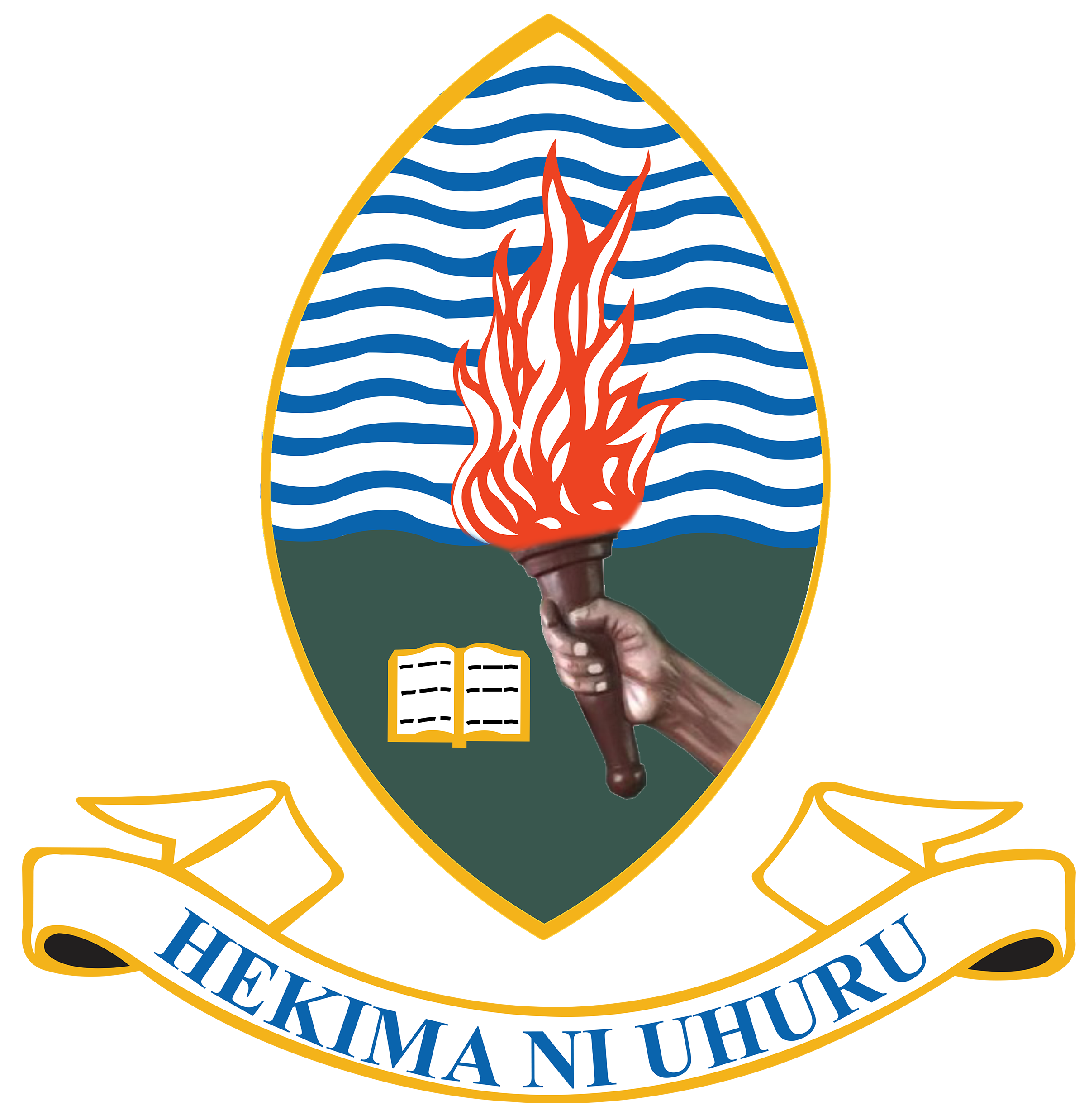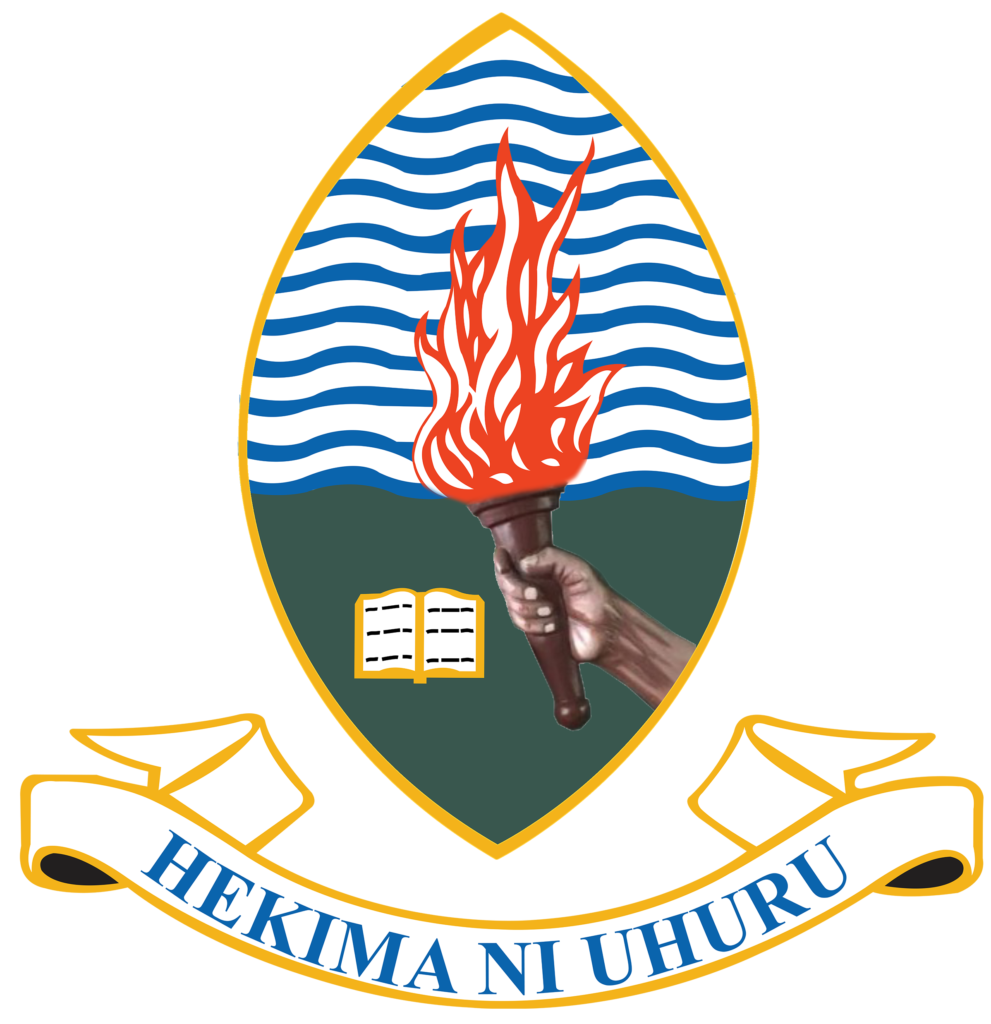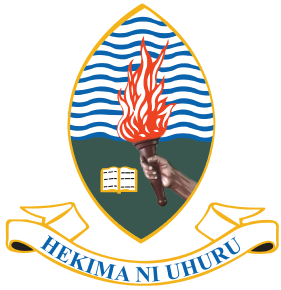Unified Early Childhood Scorecard National Dashboard Integration
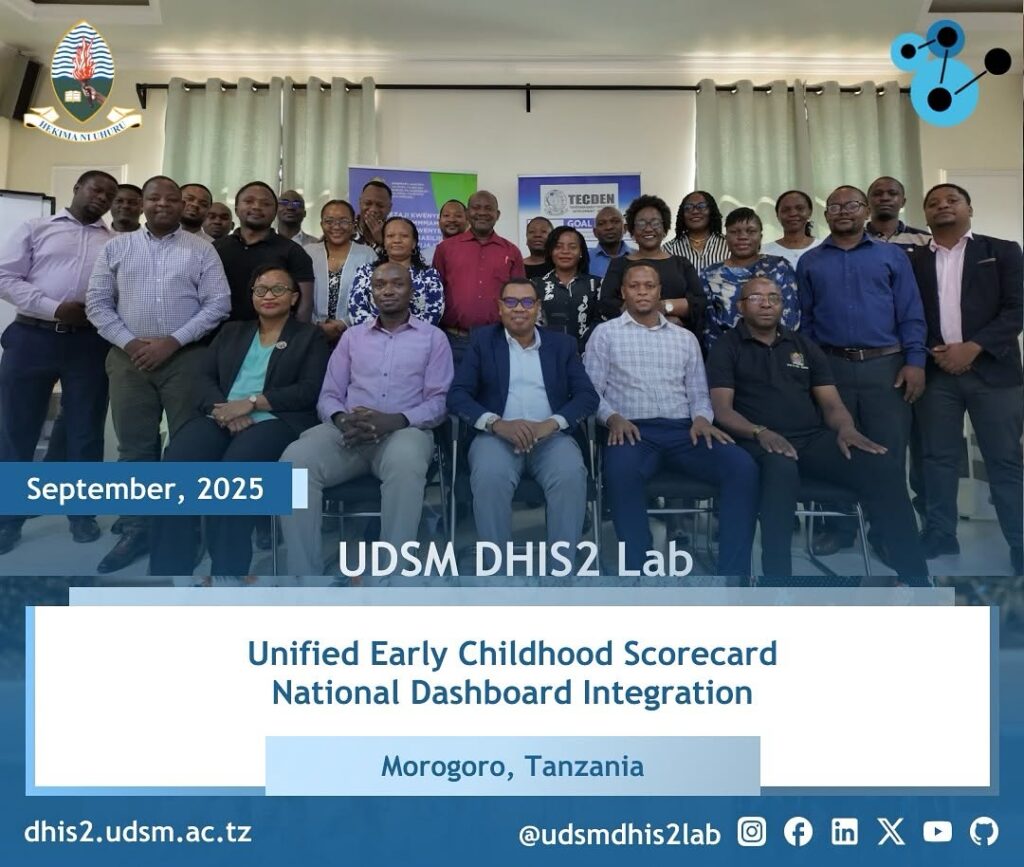
As countries work toward smarter, child-centered governance, integrating multi-sector data into a unified decision stream is no longer optional; it’s essential. The goal is clear: timely, reliable insights on early childhood development (ECD) that enable leaders to act early and allocate resources where they matter most. Over a focused, week-long technical sprint, government teams and […]
Building Tanzania’s Unified Health Situation Room
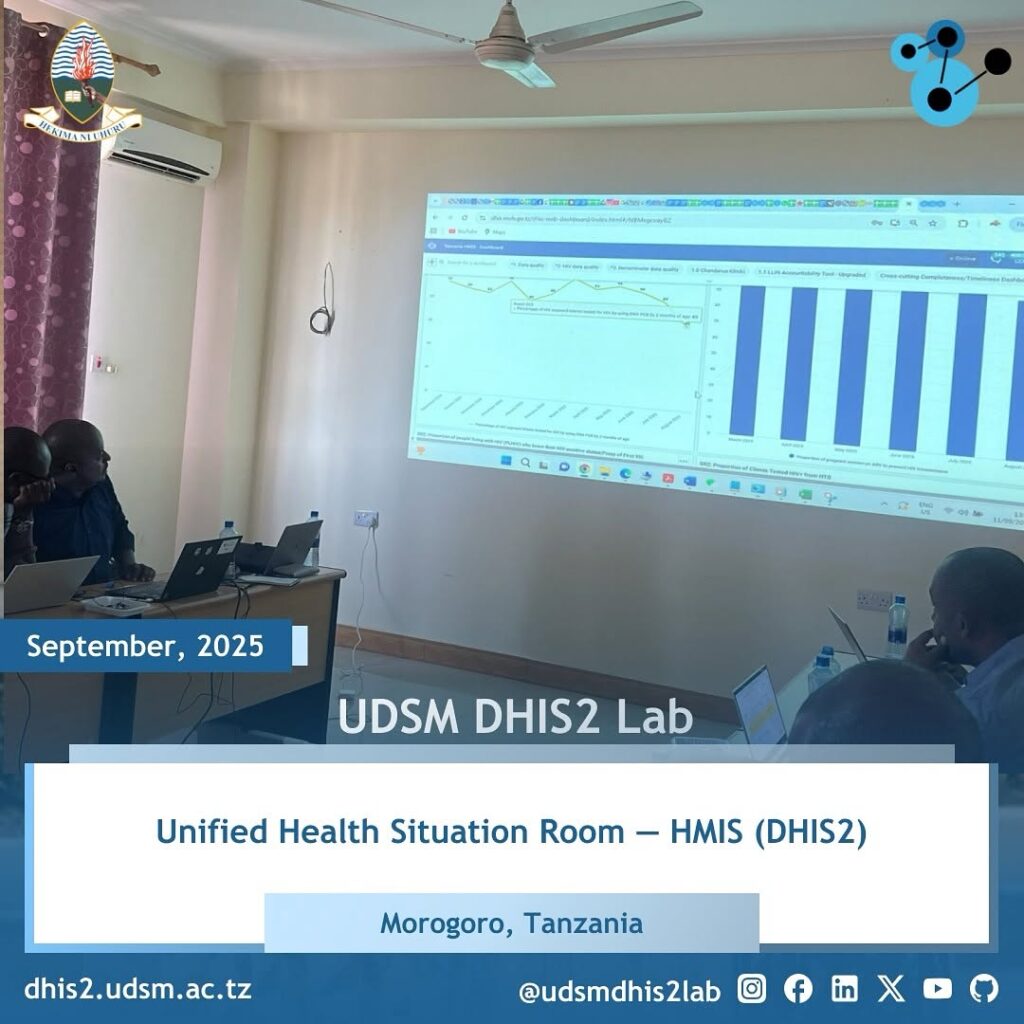
Tanzania is establishing a unified Health Situation Room (SR) where DHIS2, iMES, and GOTHOMIS systems work together to power weekly, data-driven decision reviews. The initiative aims to make routine health data more actionable, timely, and reliable for leaders at all levels. From 8–12 September 2025 in Morogoro, national stakeholders, including PORALG, the University of Dar […]
Streamlining Malaria Case-Notification and Investigation
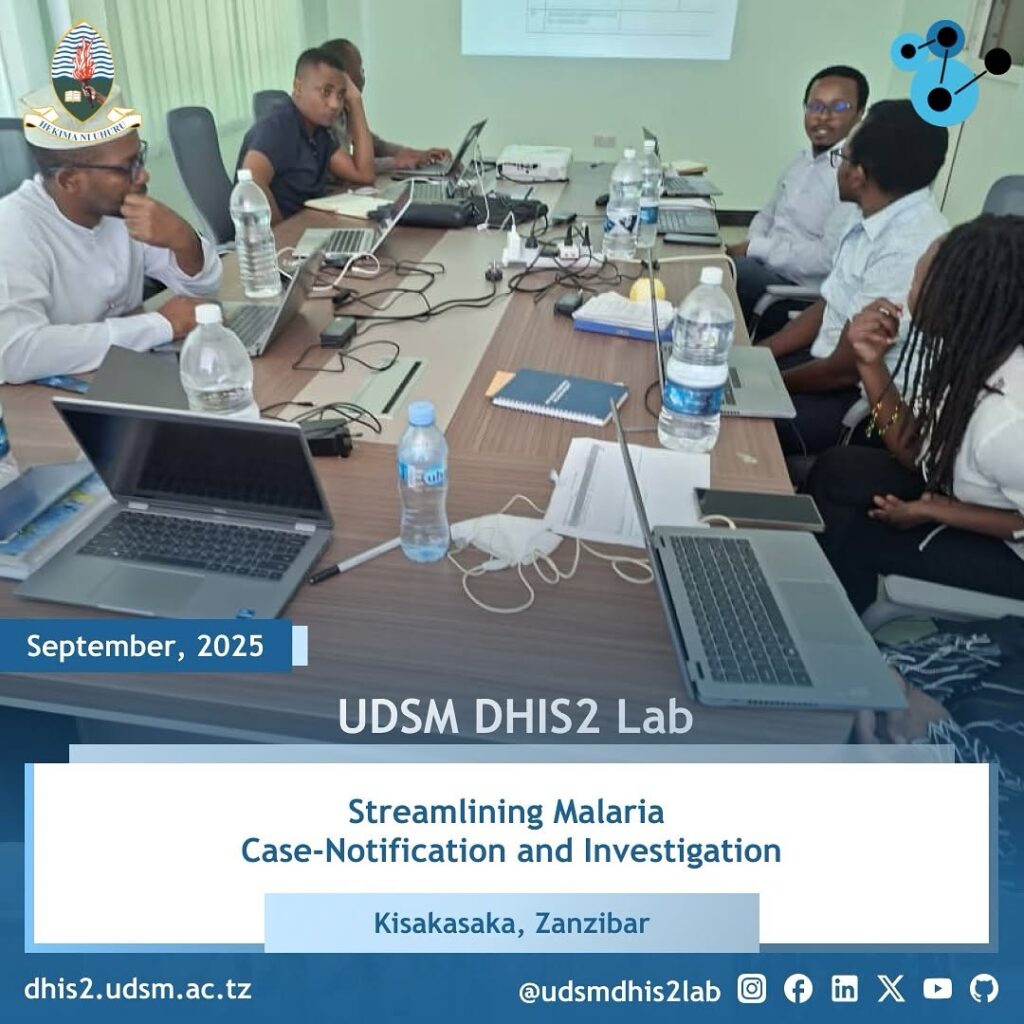
Tanzania is upgrading malaria surveillance by streamlining case-notification and investigation forms and shifting key steps to automated eIDSR workflows, ensuring alerts move faster and data remain clean and actionable. Objective: Align program, data, and technology teams on what to standardize and what to keep clinician-driven, improving the timeliness, completeness, and accuracy of malaria reporting. Key […]
Accelerating Disease Surveillance through EMR–eIDSR Integration in Zanzibar
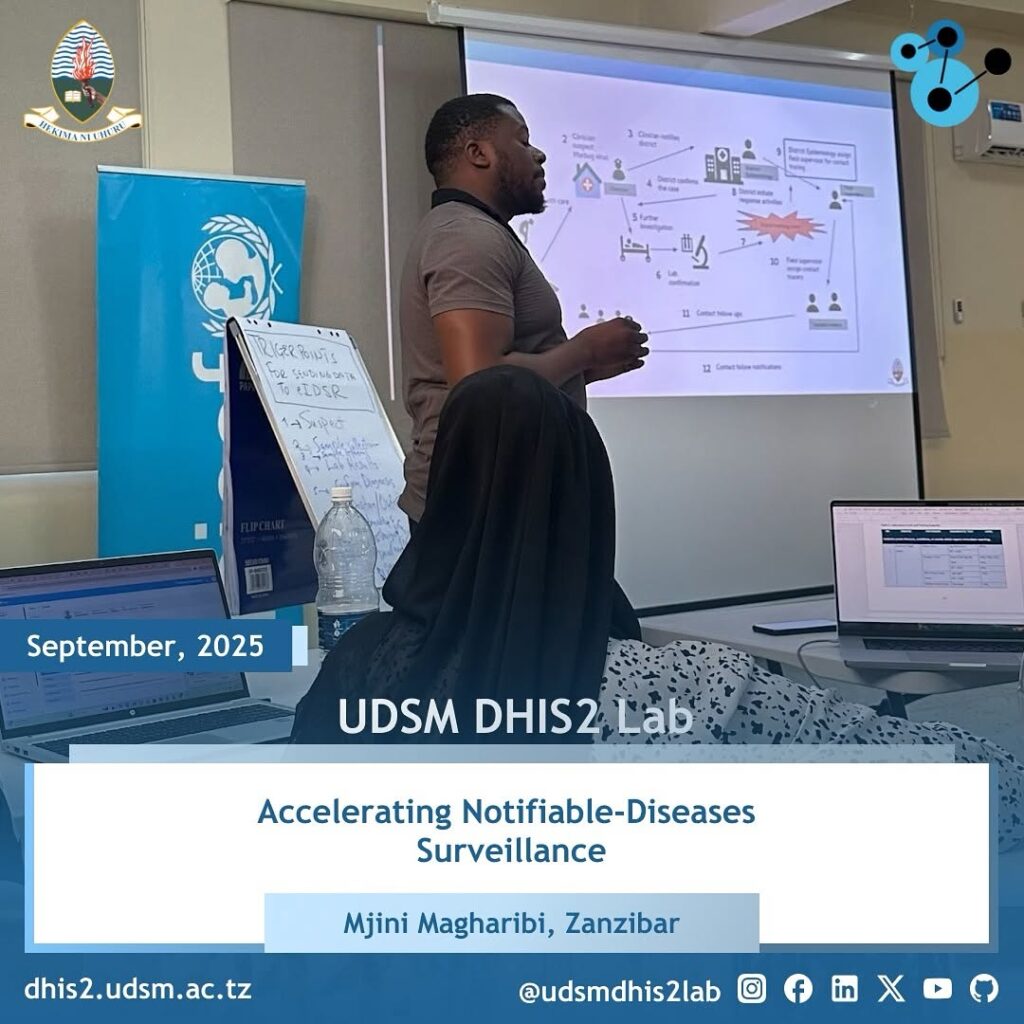
Zanzibar is accelerating notifiable-disease surveillance by linking Electronic Medical Records (EMRs) to the electronic Integrated Disease Surveillance and Response (eIDSR) system through ZHIL, transforming immediate alerts and weekly summaries from manual entry to automated, real-time reporting. This shift enables faster detection, cleaner data, and more timely action. Objective: Establish a seamless, standards-based data exchange that […]
Bridging TB and HIV Data Silos: Strengthening Interoperability for Smarter Health Decisions
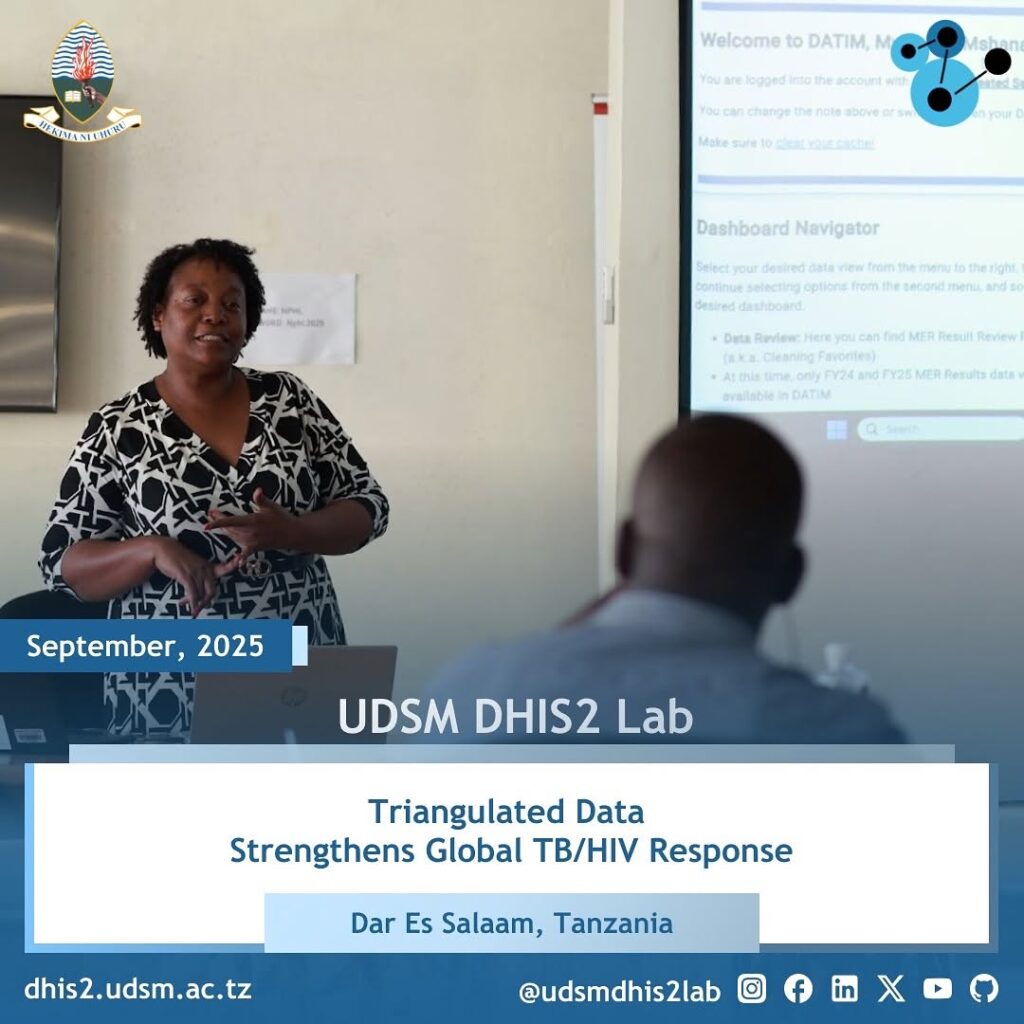
Around the world, countries are closing the gap between TB and HIV data silos so decisions rest on the same, verified numbers. In 2023 an estimated 10.8 million people fell ill with TB and 1.25 million died. TB likely returned as the top infectious killer. Meanwhile, by the end of 2024 there were 40.8 million […]
Sharpening Health Data Accuracy through Census-Aligned Denominators
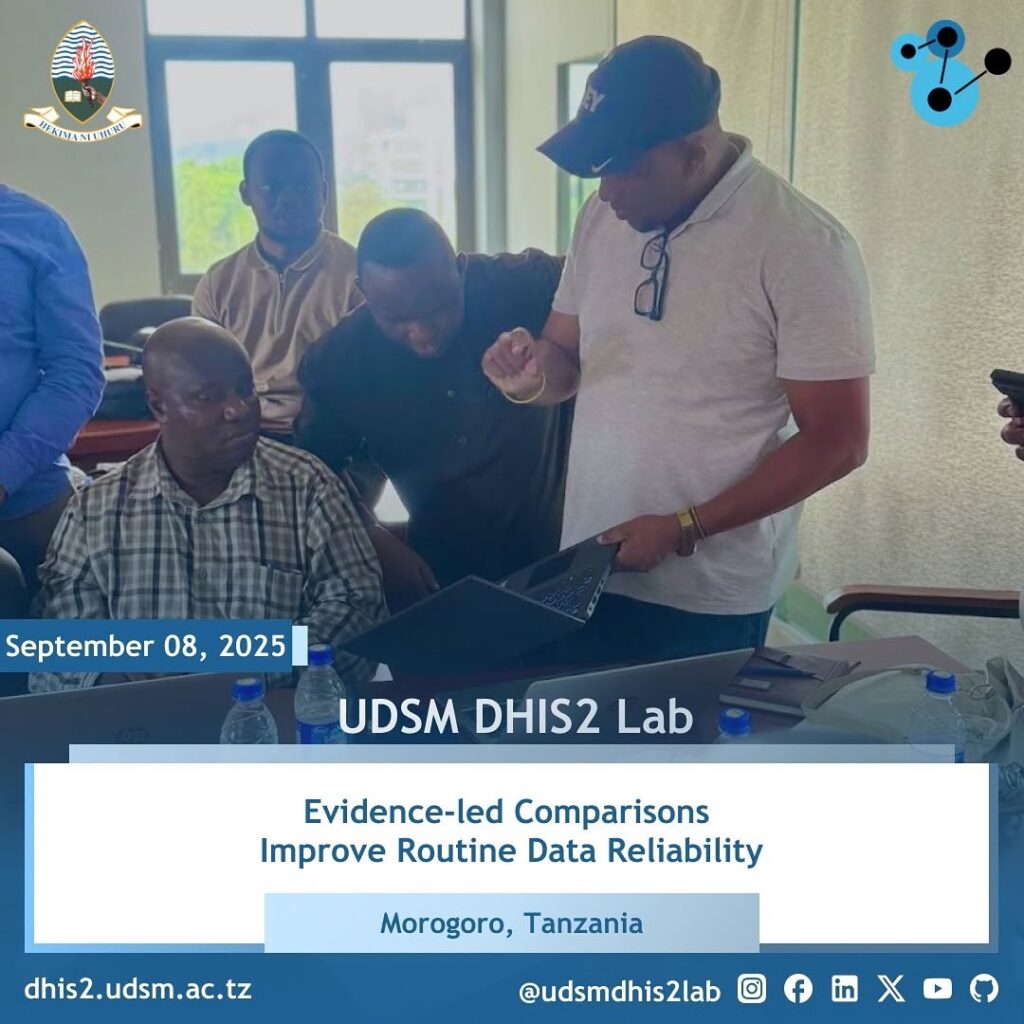
Tanzania is improving the accuracy and reliability of health coverage data by aligning national health system denominators with the 2022 Population and Housing Census. This ensures that reported coverage from facilities to national dashboards reflects the real population landscape. From 8–10 September 2025 in Morogoro, stakeholders convened to compare 2012- and 2022-based population projections and […]
Strengthening Nutrition Data for Smarter Decisions in Tanzania
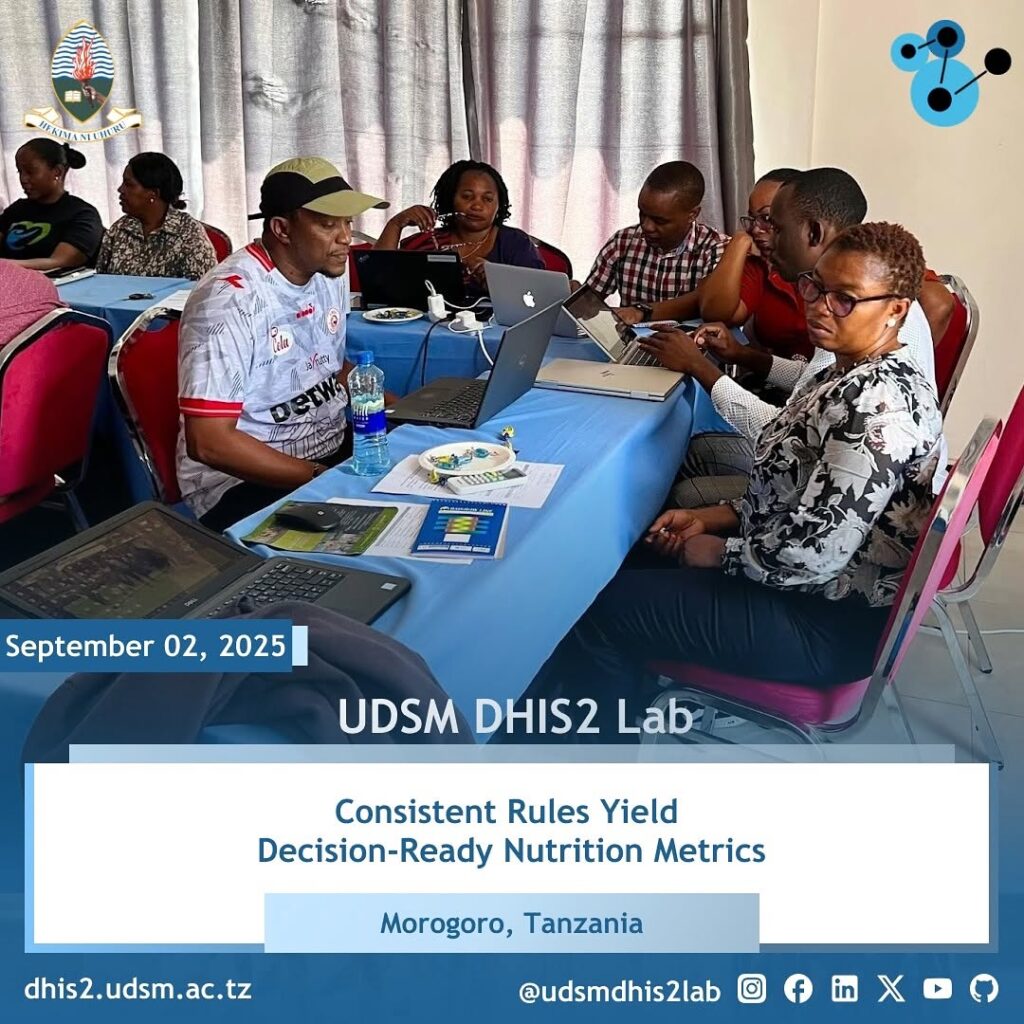
Tanzania is advancing the use of nutrition data by integrating standardized indicators and validation rules into the national Health Management Information System (HMIS) powered by DHIS2. From 2–5 September 2025, stakeholders gathered in Dodoma to translate design into practice—configuring nutrition indicators in the live system and developing a validation rule matrix to ensure that reporting […]
Strengthening FP/RMNCAH Data for Timely Decisions
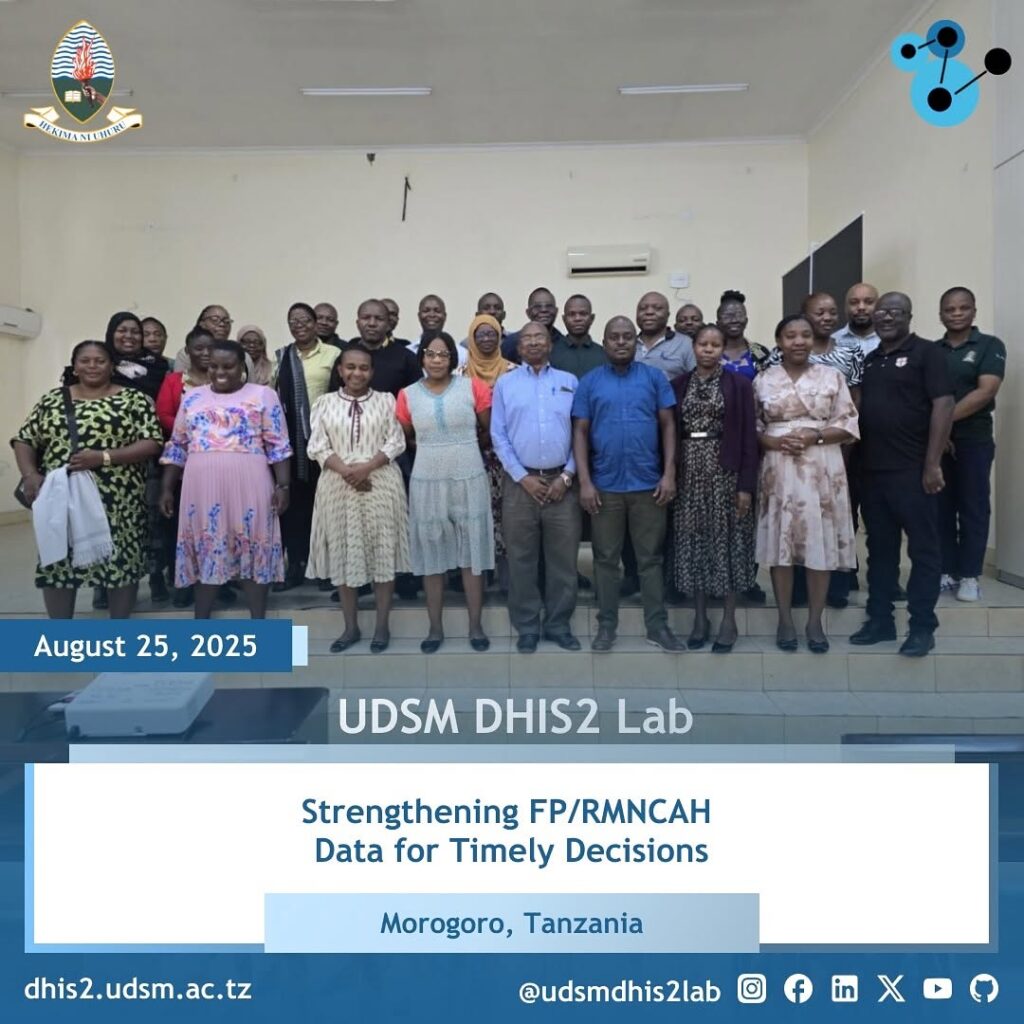
Tanzania is taking bold steps to enhance the quality, completeness, and use of Family Planning (FP) and RMNCAH data by embedding DHIS2 data-quality tools within its national Health Management Information System (HMIS). Over three focused days (27 -29 Aug, 2025), national and regional stakeholders collaborated to ensure that health data is reliable, actionable, and drives […]
Artificial Intelligence for Disease Modeling
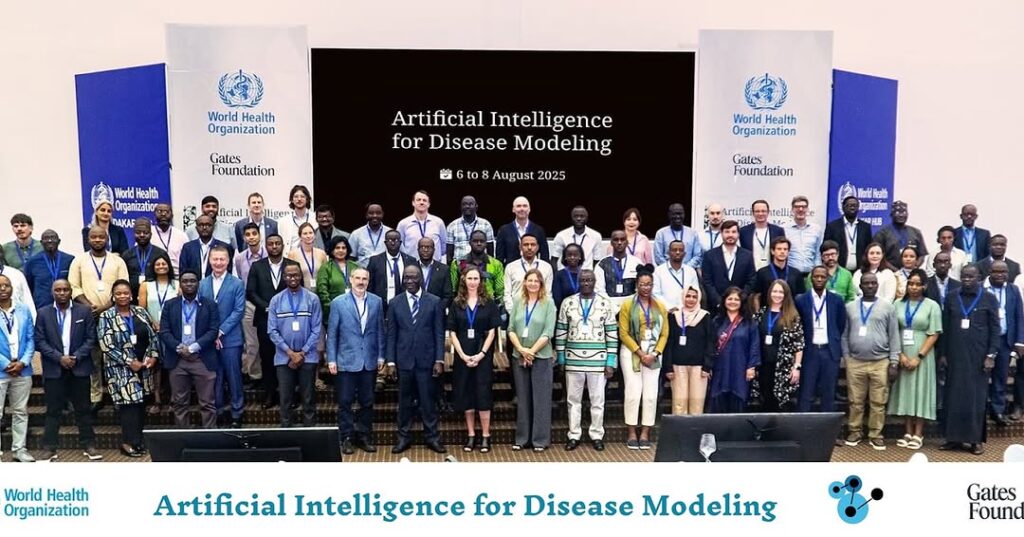
Africa is advancing AI-driven disease modelling by aligning innovators, public-health leaders, and funders around decision-ready use cases. At WHO Hub in Dakar (6-8 August 2025), the focus was turning promising AI methods into trustworthy tools for burden-of-disease estimation and infectious-disease surveillance, while lowering the barrier to modelling across low and middle income settings. Led by […]
Spot, Report, Respond.
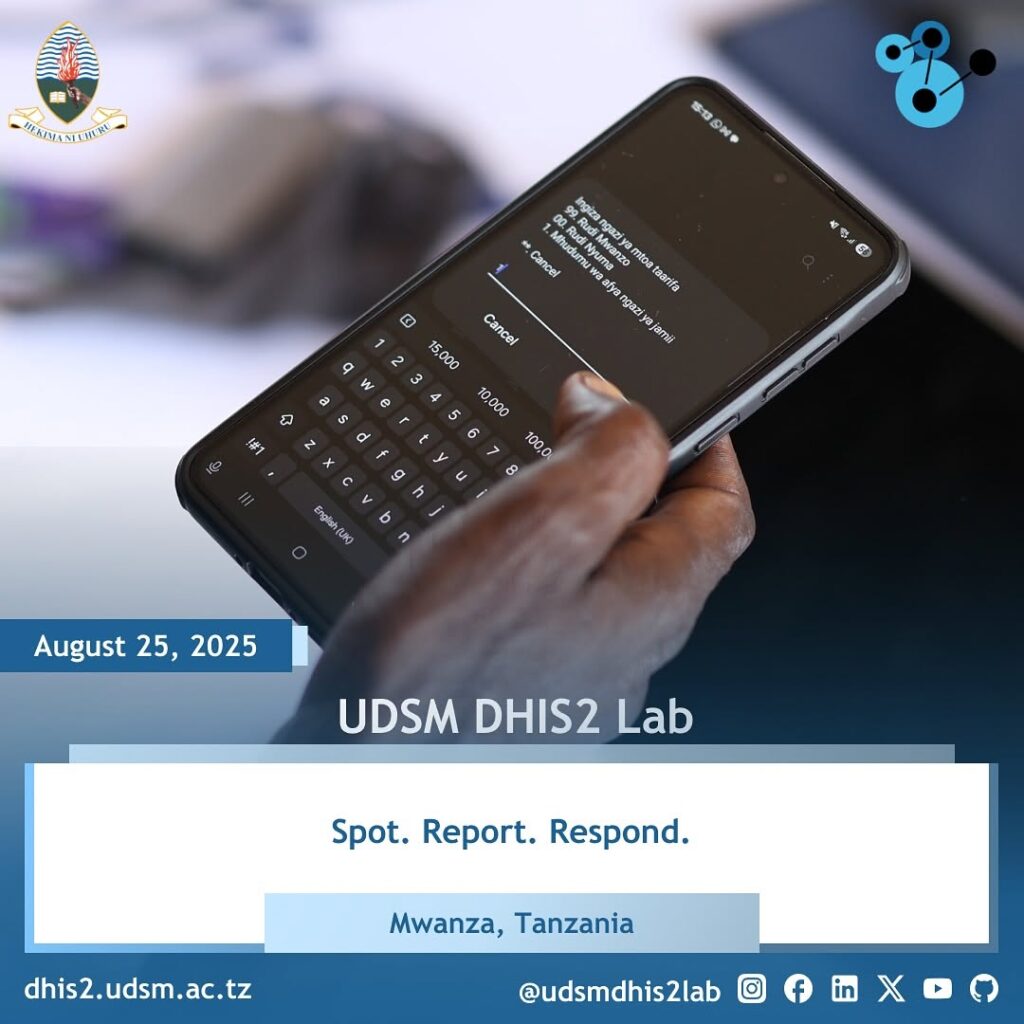
As Tanzania strengthens epidemic preparedness, timely community alerts and strong data systems are key to finding outbreaks early and acting fast. The Ministry of Health through Epidemiology & Disease Control with support from WHO, is rolling out targeted training to equip Community Health Workers (CHWs) to recognize health-threat “rumors” and report them through the national […]
